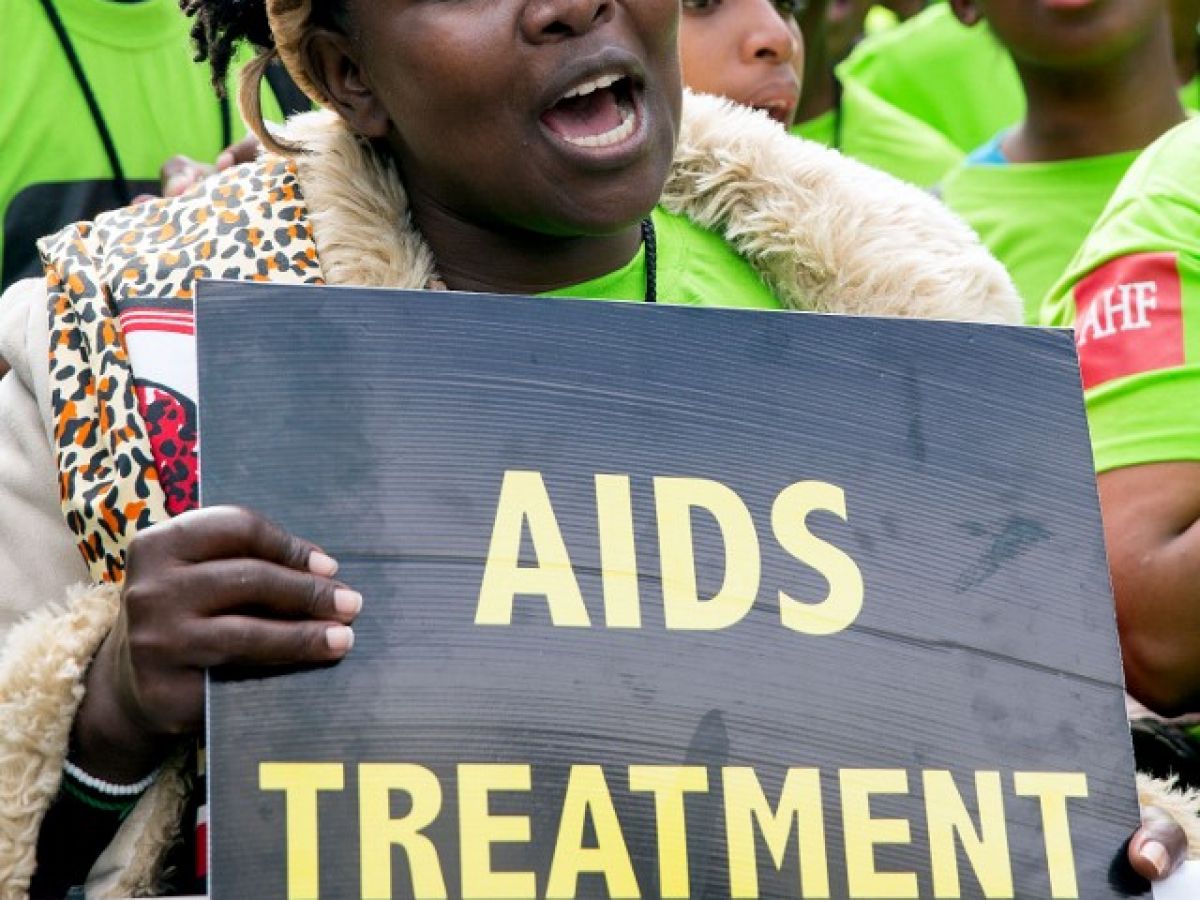This could be a major breakthrough in the fight against HIV, the AIDS virus. The clinical trial of a new drug, lenacapavir (Gilead Sciences), conducted on young women in Africa, a particularly at-risk population, has proven extremely conclusive. Since 2022, this antiviral has been indicated for patients suffering from HIV infection resistant to conventional treatments. But this time, it was tested as a means of prevention. With certain success, since at the end of the trial, 100% of the women who tested it had escaped infection.
A study of more than 5,000 women not infected with HIV
The results of this work were published on July 24, 2024 in the New England Journal of Medicine. The researchers have " conducts a phase 3 randomized controlled trial (allowing the interest of the new drug to be assessed on a large cohort, editor's note), double-blind, involving adolescent girls and young women in South Africa and Uganda"We are talking here about nearly 8,100 participants aged 16 to 25, of whom 5,338 were initially HIV negative.
Among these 5,338 people, some women received lenacapavir subcutaneously every 26 weeks, while others received a daily oral dose of emtricitabine/tenofovir alafenamide (Descovy) and those in a third group received a daily oral dose of emtricitabine/tenofovir disoproxil fumarate (Truvada).
Emtricitabine, tenofovir alafenamide and tenofovir disoproxil fumarate are antiretroviral drugs, used to fight HIV infections. According to the High Aurorite of Health, tenofovir alafenamide was developed " to decrease plasma concentrations of tenofovir to improve renal and bone toxicity observed with tenofovir disoproxil fumarate". Thanks to this protocol, the researchers were able to compare the effectiveness of lenacapavir and Descovy compared to Truvada, an older treatment which here played the role of control treatment.
Read alsoAIDS: a seventh patient cured of HIV with a new method
No infections in women who received lenacapavir injections
Of the 5,338 people who were initially HIV-negative, 55 became infected during the study. There were 39 infections in the Descovy group (2,136 participants) and 16 in the Truvada group (1,068 participants). In contrast, no women treated with lenacapavir (2,134 people) became infected. HIV incidence with lenacapavir was significantly lower than baseline HIV incidence and HIV incidence with F/TDF (Truvada, editor's note)", the study underlines. As for the incidence of HIV with Descovy, it " did not differ significantly from baseline HIV incidence". Furthermore, the authors of this study do not note any safety concerns regarding lenacapavir. Only frequent reactions at the injection site.
Read alsoAIDS: Researchers discover where HIV hides in infected cells
More discreet care to avoid stigmatization
Lenacapavir could therefore offer more effective protection against HIV than the antiretrovirals currently used, and this in just two injections per year compared to one daily tablet. The results were so conclusive that the trial was stopped early in order to allow all participants to benefit from the protection of the injections, the laboratory explains in a communicates.
“ For a young woman who can't get to a city clinic appointment, a young woman who can't keep her medication without facing stigma or violence, an injection just twice a year is the option that could protect her from HIV.", congratulated the New York Times Lillian Mworeko who leads the “International Community of Women Living with HIV”.
It remains to be seen how this drug will finally end up on the African continent. What logistics for production? What price? And when will it finally be available? So many questions that will have to be answered to see a real breakthrough in AIDS care on the African continent.

